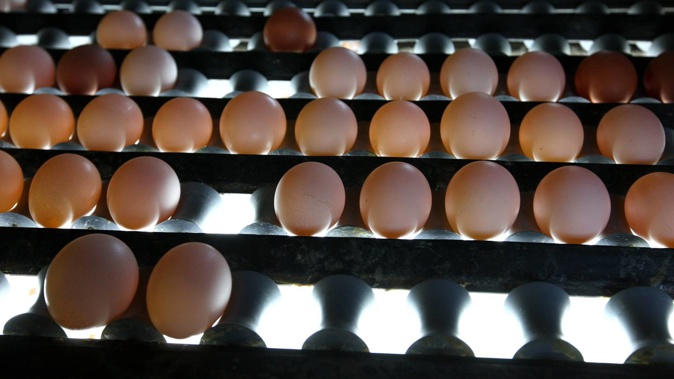
The national CO2 shortage has driven poultry processor Inghams to convert its New Zealand processing plants to nitrogen as the company reports declining product volumes.
Inghams reported a 55 per cent fall in net profit on Friday and said New Zealand core poultry volume declined 2.4 per cent as it adjusted egg settings in response to significant labour shortages and CO2 supply constraints.
Like many meat and poultry processors, Inghams uses CO2 gas prior to slaughtering and also in the packaging process. Supplies of CO2 in New Zealand are having to be rationed due to shortages following the closure of the country’s sole food-grade production facility two weeks before Christmas.
Inghams Australia chief executive Andrew Reeves said, “To address the general CO2 shortage that has been a feature of the New Zealand market, we converted the Auckland processing plant to nitrogen in November.
“During December and through January, the Kapuni CO2 plant had temporarily shut down with the resulting shortage of CO2 constraining production volumes at our Cambridge facility through January and February,” Reeves said.
The company was also working on converting its Cambridge plant, “expected to be completed later this month”.
Reeves said New Zealand revenue increased 4.8 per cent in the first half “due to a meaningful increase in poultry and feed net selling prices” despite egg production issues causing a 2.4 per cent drop in poultry supply.
“While the business experienced challenges in the operating environment early during the first half, notably through shortages in both labour and CO2, both operating and financial performance has shown an improving trend as the period progressed,” the company said in its results announcement.
Inghams said inflation was impacting the company on several fronts, with the cost of many inputs rising, including feed, fuel and transport, packaging, and ingredients. Feed costs increased by A$57.9 million compared to the previous corresponding period.
Overall earnings before interest, tax, depreciation and amortisation (ebitda) fell 10.6 per cent to A$197m.
- CO2 shortage could spell dry summer for NZ brewers
- CO2 shortage may lead to further supermarket stock issues
- Breweries forced to get creative in face of crippling CO2 shortage
- Kiwis buying chickens amid egg shortage crisis
Shortages in CO2 have impacted food processing and production across the country after Todd Energy’s Kapuni gas plant has been shut down since December 2022 over safety concerns.
The Kapuni liquid carbon dioxide plant in Taranaki has been New Zealand’s only domestic producer of food-grade CO2 since the Marsden Point refinery was decommissioned last year.
CO2 is used to regulate temperatures during egg processing and to stun chickens before processing.
During the company’s half-year earnings call, Reeves said, “The New Zealand business continues to respond to this rising cost environment”, as businesses have opted to reduce egg sales due to labour and CO2 shortages.
He said low poultry supply was 0.6 per cent lower than the previous period due to “lower bird numbers”.
“Despite the small decline in volume during the half, I’m encouraged by the fact that if we look back at the most recent pre-COVID period to the first half of FY ‘20, volumes during the first half of FY ‘23 have still grown at 3 per cent per annum since that time,” he said.
The company’s first half-year results announced last week showed an 8.9 per cent revenue increase from the previous half-year period despite cost of sales going up 10.9 per cent.
The company said “broad cost inflation is being experienced across many inputs, including feed, fuel and transport, packaging and ingredients” seeing feed costs rise by AU $57.9 million from the previous period.
Ingham’s net debt rose to AU$294.2 million in the last half year, up 10.1 per cent from 2022.
Take your Radio, Podcasts and Music with you









